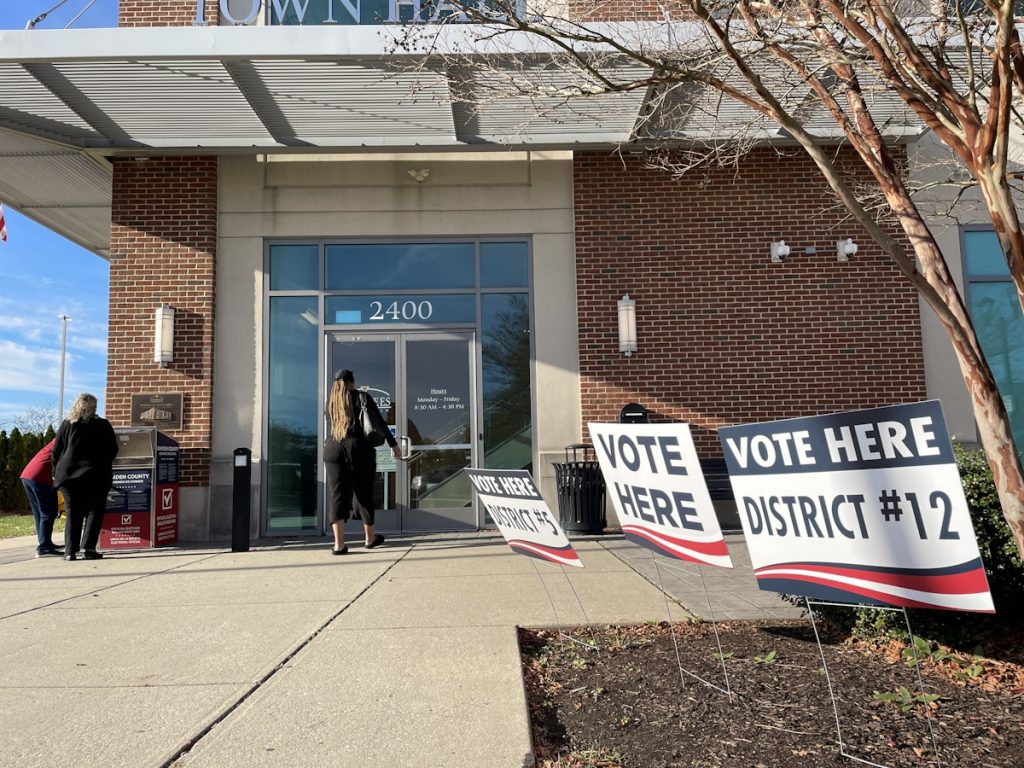Trump Orders New Census Excluding Undocumented Immigrants
Background and Policy Shift
In a surprise move that has reignited the nation’s debate over immigration and representation, former President Donald J. Trump announced a directive to conduct a new national census that would deliberately exclude undocumented immigrants from the population count. The announcement, made at a press conference in Mar-a-Lago, claims the change will “restore accuracy” to the apportionment process and “prevent illegal residents from influencing political power.”
The U.S. Constitution mandates a decennial census that counts “all persons” residing in the United States, regardless of citizenship or legal status. Since the 1990s, the Census Bureau has followed this guideline, using the total resident population to allocate seats in the House of Representatives and to distribute billions of dollars in federal funding. Trump’s proposal represents a radical departure from that long‑standing practice.
Legal Challenges on the Horizon
Legal experts anticipate an immediate wave of lawsuits. The Department of Justice, civil‑rights groups, and several state governments have already filed motions seeking injunctions to block the new methodology. Key arguments include:
- Constitutional Violation: The Constitution’s “one‑person, one‑vote” principle would be undermined if a segment of the population is omitted from the apportionment count.
- Statutory Conflict: The Census Act and subsequent amendments explicitly require counting every resident, irrespective of immigration status.
- Equal Protection Concerns: Excluding undocumented residents could disproportionately affect states with large immigrant communities, raising concerns under the Fourteenth Amendment.
Legal scholars note that the Supreme Court’s 2020 decision in Department of Commerce v. New York reaffirmed the bureau’s authority to use a citizenship question only if it is “necessary and relevant.” By contrast, an outright exclusion of a demographic group may be viewed as a direct contravention of statutory mandates.
Potential Fiscal and Political Impacts
Should the new census be implemented, the ramifications would ripple across federal and state budgets. Federal funding formulas for education, healthcare, infrastructure, and social services rely heavily on population data. States such as California, Texas, and Florida—home to sizable undocumented populations—could see billions in reduced allocations.
Politically, the shift would likely alter the balance of power in the House of Representatives. Districts with high concentrations of undocumented residents, often urban and historically Democratic, might lose seats, while more rural, Republican‑leaning districts could gain representation. This realignment could reshape legislative priorities for the next decade.
Reactions from Stakeholders
Responses to the proposal have been sharply divided:
- Immigrant Advocacy Groups: Organizations such as the National Immigration Law Center called the move “a blatant attempt to disenfranchise millions of people who already lack a voice in American politics.”
- Republican Leaders: Some GOP officials praised the initiative as “a necessary correction to an overcount that has inflated Democratic districts for years.” Others, however, warned that the legal battle could be costly and politically damaging.
- State Governments: Governors of states with large immigrant populations, including Gavin Newsom (California) and Andrew Cuomo (New York), vowed to challenge the directive in federal court.
- Economists: A consortium of economists warned that the uncertainty surrounding federal funding could disrupt state budgets, especially in education and public health sectors.
Conclusion
The proposal to exclude undocumented immigrants from a new census strikes at the core of how representation and resources are allocated in the United States. While the administration frames the change as a pursuit of “accuracy,” critics argue it is a politically motivated maneuver that threatens constitutional principles and the equitable distribution of federal aid. As the legal battles commence, the nation watches closely, aware that the outcome will shape the political landscape and fiscal realities for years to come.



